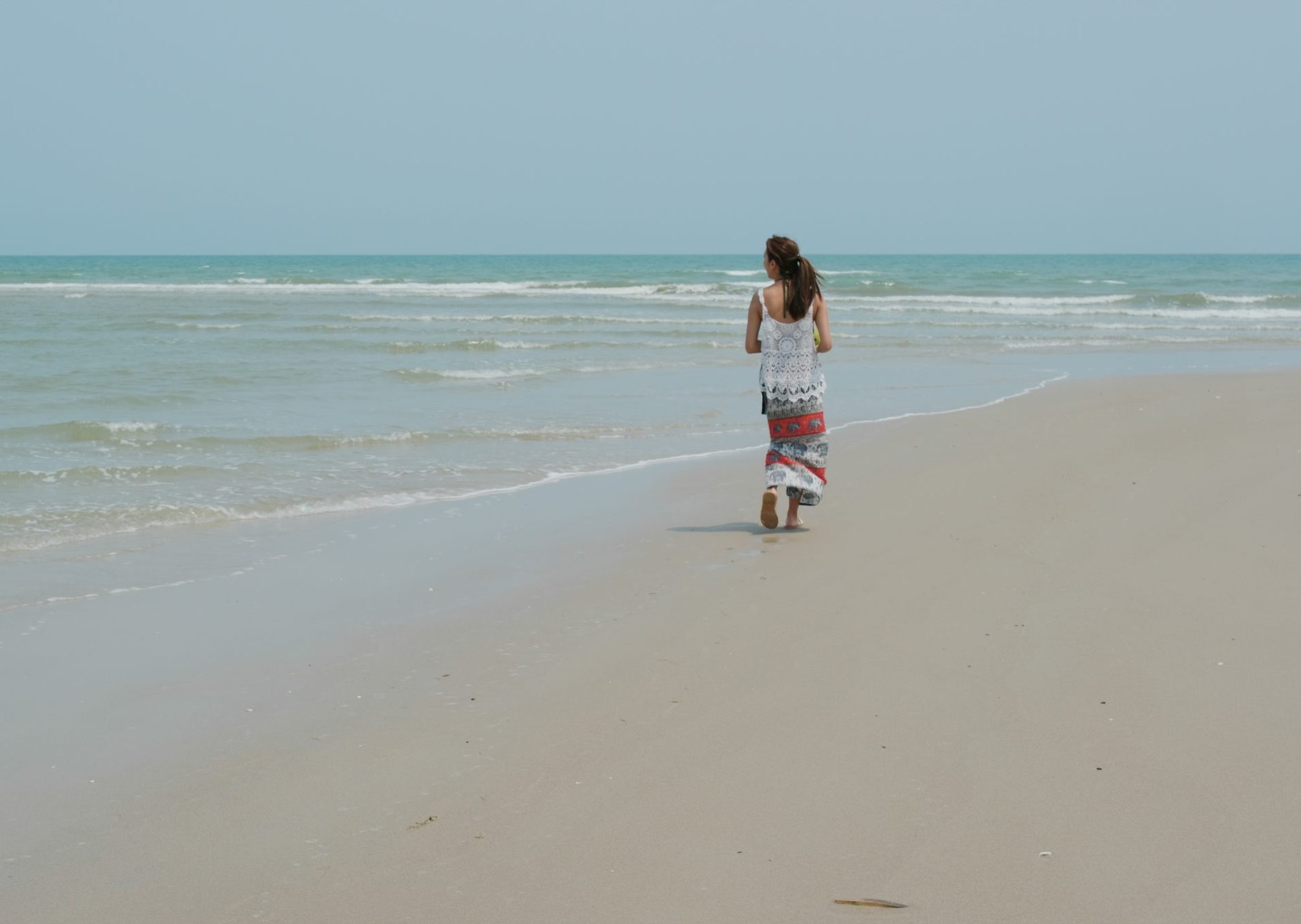In my teens, I thought writing was agony. I read The Bell Jar and emptied my broken heart into reams of bad, hand-scrawled poetry about the boys who didn’t love me back.
In my twenties, I thought writing was detached, hard-rock glamour. It meant jeans and a band T-shirt, dark shades to block out my bright future, a cigarette in one hand, a bottle of beer in the other. I etched my brilliant words into the page letter by letter, with forceful taps on my typewriter’s keys.
In my thirties, I learned better. Writing was a lot of hard work. It meant sitting at the keyboard of my newfangled home computer, forcing the words until they came, then rearranging them until they didn’t make me sick. I wrote this way for twenty-five or so years.
If writing was hard work, then it couldn’t be fun or play, right? A very wise woman, my first fiction mentor at UC Riverside’s Palm Desert Low-Residency MFA, taught me that, as with most things, the truth lies somewhere in between.
I studied with Mary Yukari Waters for a year; it was a life-changing year. Mary and all the professors I worked with taught me so much about writing. But Mary also taught me so many things about living a creative life.
Mary taught me that writing a piece of fiction is a marathon, not a sprint. It requires persistence and patience. It requires pacing yourself and giving yourself time and space to breathe. Yes, writing involves work, but it shouldn’t be work. Not completely anyway. The physical act of trying to get the ideas from your brain to the page can be frustrating and difficult and stressful, but creativity shouldn’t be any of those things. Mary taught me that creativity withers and dies in a stressful environment. It runs away when pressed too hard.
“The best time to plan a book is while you’re doing the dishes.” –Agatha Christie
I’m a list person. I once sent Mary a first draft of a story I wasn’t yet proud of. I loved the idea, but in execution, I knew it needed a lot more work, and I wanted her to know that I knew that. With the draft, I included a list of all the things I saw wrong with the story and all the things I planned to do to improve it. I still have the handwritten note she gave me–it went something like this: “How can you write like this? This list gives me anxiety–I can only imagine what it is doing to you.”
What I learned from Mary is that writing takes many forms. It isn’t only the time we spend writing. It’s the time we spend thinking about writing, maybe while we’re doing the dishes or taking a walk. It’s the time we don’t spend thinking about writing too, when we’re doing something else entirely, and seemingly out of nowhere, the answer comes. Because while we are washing dishes or taking walks or watching movies or putting puzzles together, or even while we are sleeping, our subconscious brains continue to work on our stories.
What a relief it was to learn that. I came into my MFA program with revision anxiety. I tend to be driven, anxious, stressed out. I’ve been called a workaholic. A therapist once told me that, somewhere, somehow, I’d come away with the idea that being an adult is not supposed to be fun. I work a lot. I don’t say that as a humble brag because I think my need to work so hard grows out of a lack of confidence rather than the reverse. I work hard in part because I feel like I need to in order to be considered a person of worth and value. I need permission to take breaks, and when left to my own devices, I don’t give myself that permission. Now I was being told by Mary that, not only was it okay to go easier on myself and to take breaks, it was necessary.
Life-changing advice, right? Breathe it in, enjoy a cup of coffee, and go for a long walk.
“[I]f you sit with a problem long enough, the decision makes itself. The rational brain is overrated. It seems to me that the truest decisions, in life and in art, happen on a visceral, almost subconscious level. It’s like the needle of a compass: at first it swings wildly over the surface, but eventually a deeper magnetism asserts itself and the needle finds its place.” –Mary Yukari Waters, “After the Happy Ending.”
Here’s Mary’s full essay in The Rumpus about writing … and not writing:
And here’s a video on creativity and the subconscious brain recommended by Mary:

